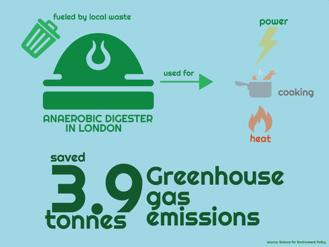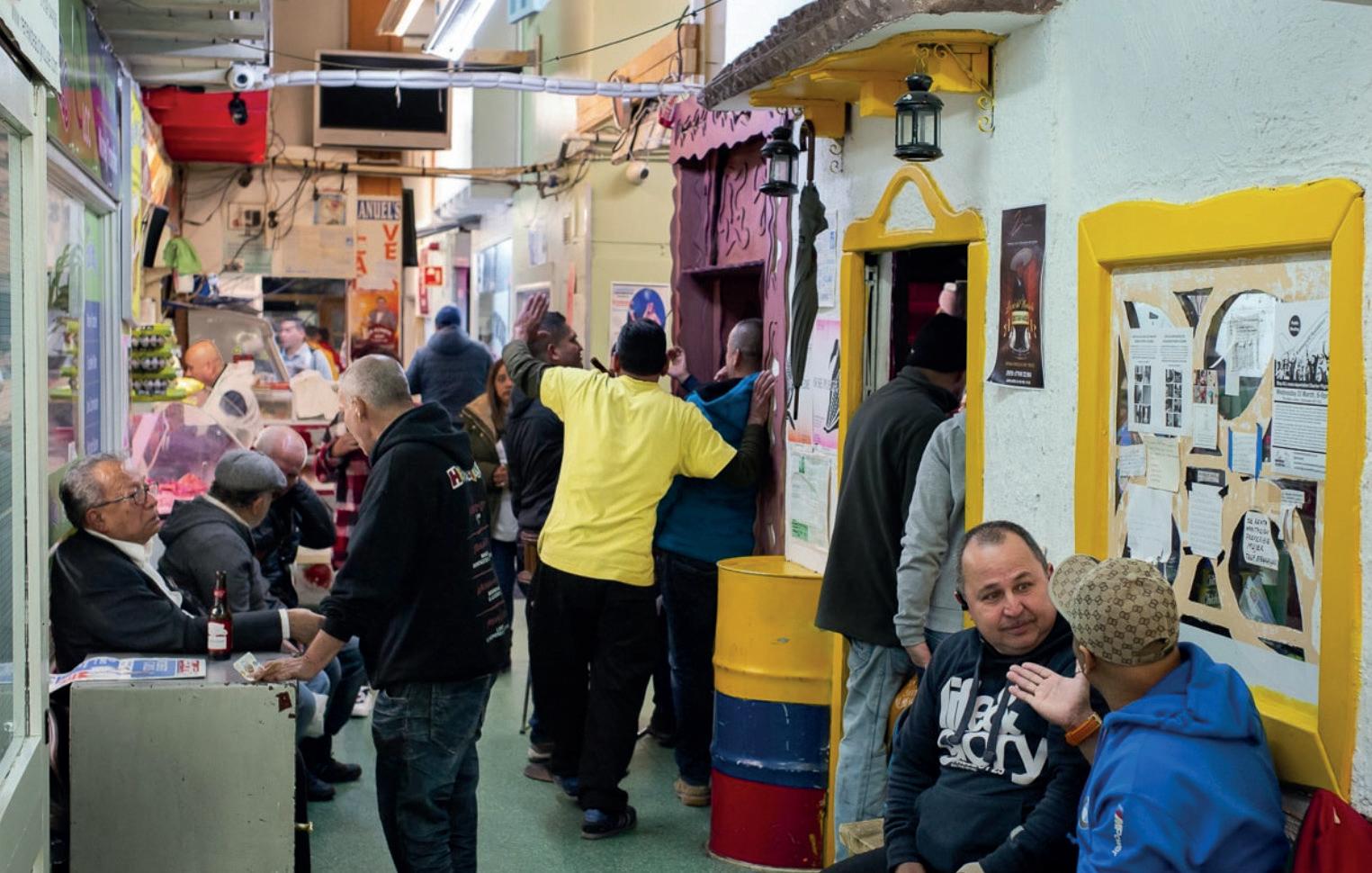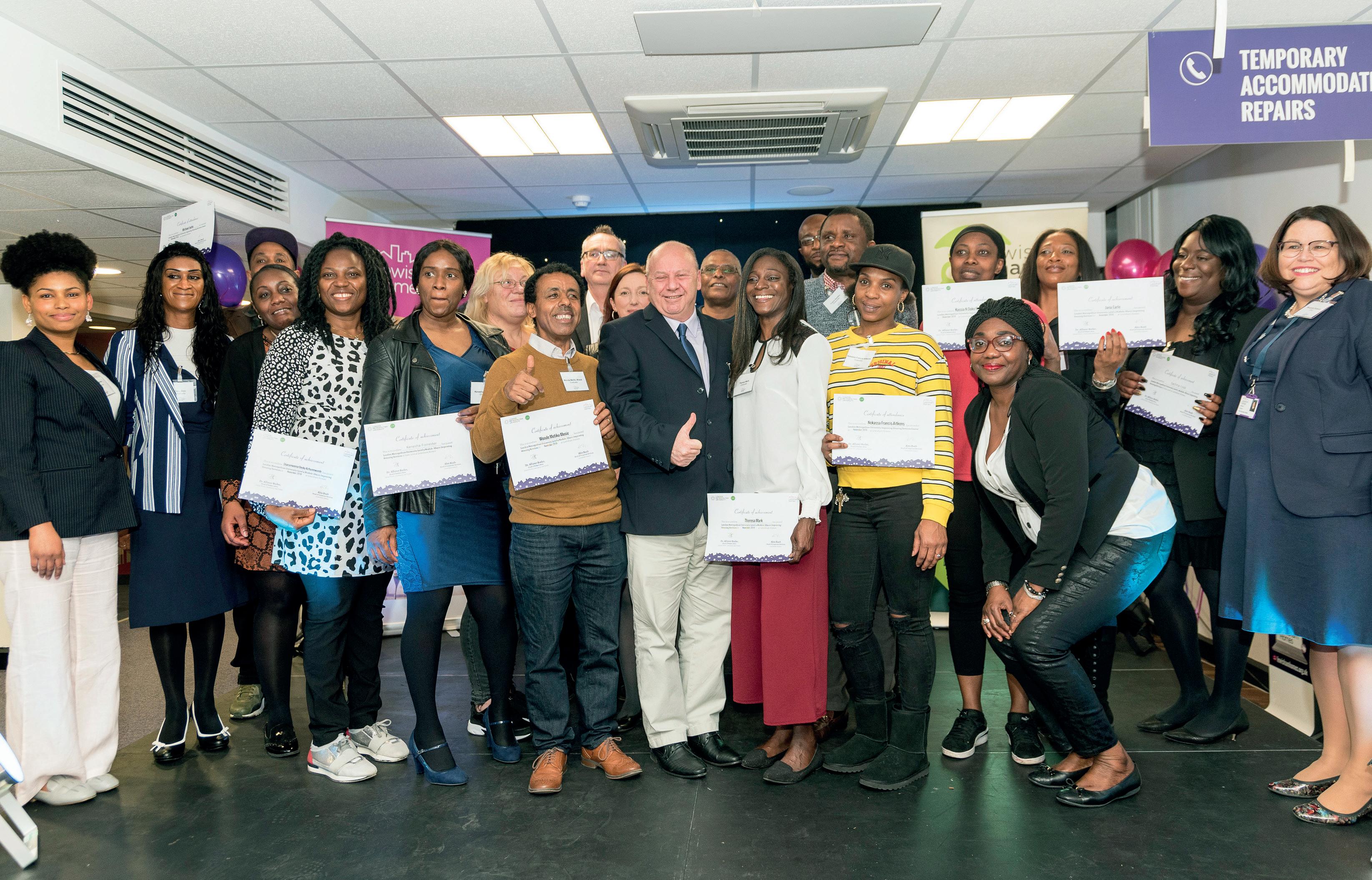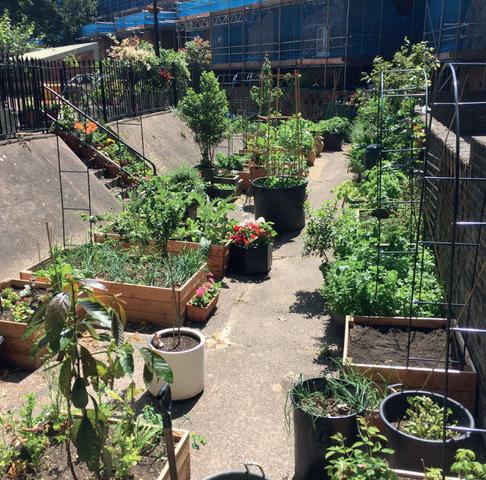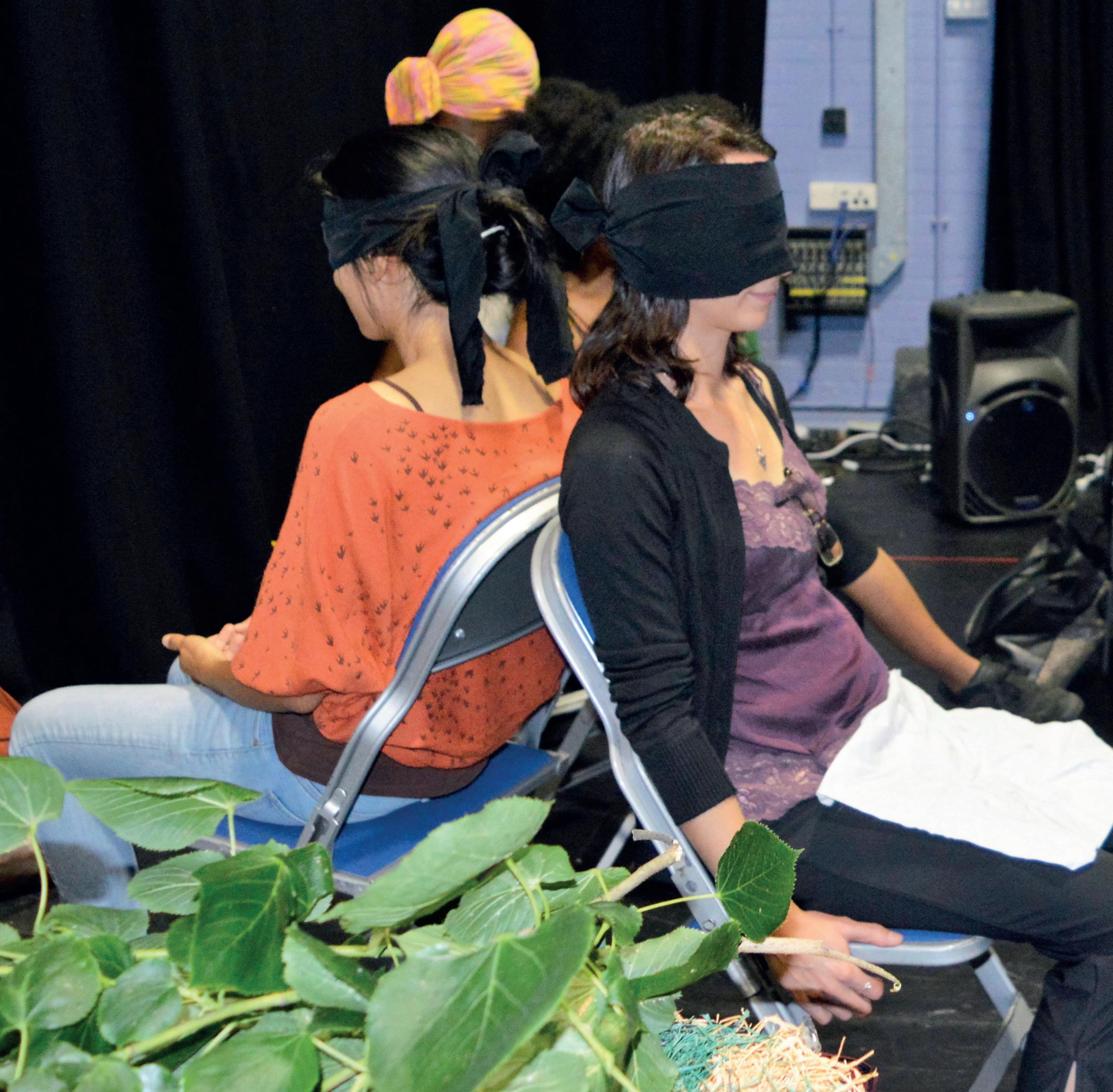Workshop programme 23 October 2019
Why did we choose these workshop topics? • Workshop 1: What does decolonisation and decoloniality in learning spaces actually mean: An Community and Universities exploration • Workshop 2: The battle for community spaces • Workshop 3: A fresh look at community economic and industrial strategies • Workshop 4: A transformative strategy for collaboration community groups and universities We are at a key juncture for society itself. Times have changed for both Universities and Community Groups in a climate of: • Greater austerity arising out of public sector cuts • A climate of fear and aloneness in what we are dealing with on lots of levels including xenophobia, racism, poverty, loss of status, loss of jobs in the face of automation, downward wage pressure, shortage of social housing, poor health and increased loneliness • More redevelopment with London Universities themselves having significant development interests • Loss of staff and social infrastructure, and an increased
focus on volunteering to deliver public services - particularly the case for community groups and Universities are ready to supply both staff and volunteers • Growth in institutional recognition of the value of community engagement – with public and community engagement embedded in institutional structures • Community groups recognising the value of health, economic, environmental and social impact assessments – to help assess progress down certain conventional routes which might work for larger scaled organisations but remains challenging for smaller grassroots groups often doing things that funders do not often value nor fund • Awareness of the potential gains, shared risk and benefits arising from partnering up We wanted to choose topics for 3 main reasons: • Engaging, meaningful and required solutions that related to real issues that were affecting us in our roles • Opportunity to learn something new, share knowledge and find new perspectives on it – that takes advantage of the collaborative space we created • Link the topics to our strategy so that we could not only
grapple with the complexity of the issue, but explore how to tackle issues and if relevant, incorporate it for further consideration and action. Workshop 1: What does Decolonising in Learning Spaces mean: A Community and University exploration Decolonisation/Colonisation. Decoloniality/Coloniality. Decolonialism/Colonialism. In order to create a strong strategy for the collaboration between communities and universities, we need to know - or at least try to know - how both these bodies relate to learning and to the production of knowledge. How do these ways differ and how are they the same? What relationships exist between them and how have these relations come about? We need to know what the cultural and institutional realities are which help us to respond to these important questions! Relationships between these institutions have been forged over time and in different places. As a result, the processes known as colonisation/colonialism and coloniality have both shaped relationships and attitudes to learning as well as the production of knowledge/s. To really understand what these processes and outcomes are, we need to understand what they mean to each of these bodies and how they have unfolded over time up until
the present and what they might develop into for more just future/s. Workshop 2: The Battle for Community Spaces What does ‘winning’ community space mean for us? Ownership, rights to develop, access or free space? How realistic is it and why is that your ask? • Ownership or a Space to Be? • Nothing going on but the Rent! • Can Universities be Ethical Landlords? Everything we do is rooted in our members and their communities. Interestingly space is being increasingly linked to mental and physical well-being and skills. The Reclaim our Spaces Campaign An event was held in June 2016 at Conway Hall, organised by Yvonne Field and its report was authored by Santa Pendone. It picked up on a wide range of issues affecting the pressure that London’s community spaces face when under threat. The event was co-ordinated in partnership with: Community Food Growers Network, Conway Hall, Latin Elephant, London Gypsy and Traveller Unit, Long Live Southbank, Mela, Migrants Rights Network, Take Back The City, Three Acres and a Cow, UpRise.
Collaborate: a community led initiative 11


